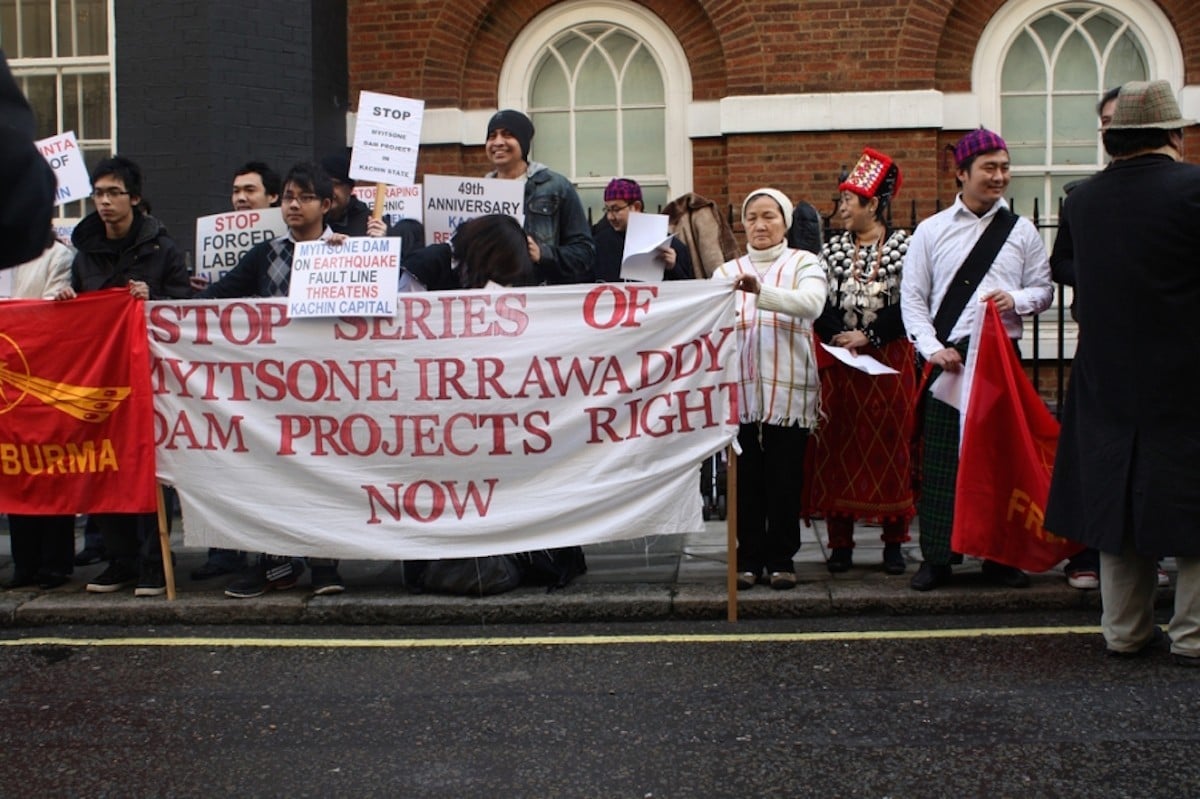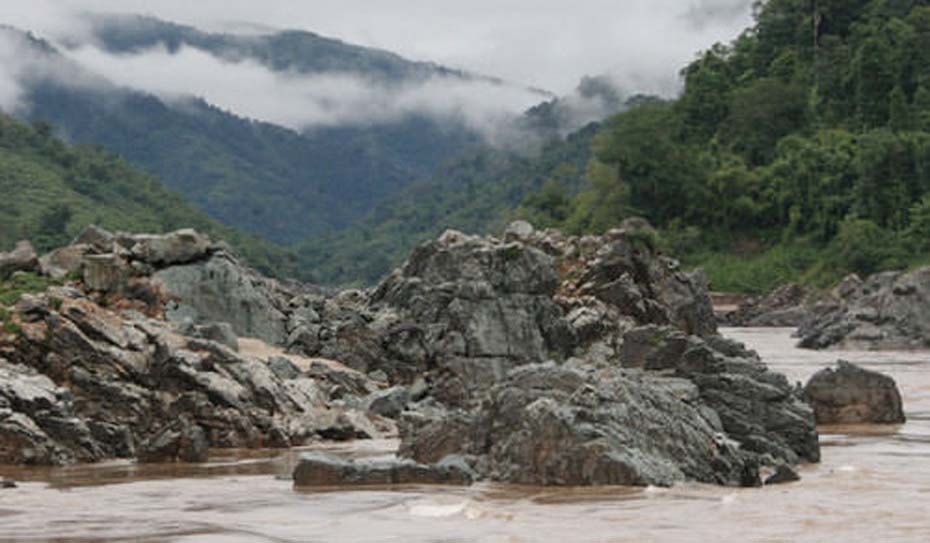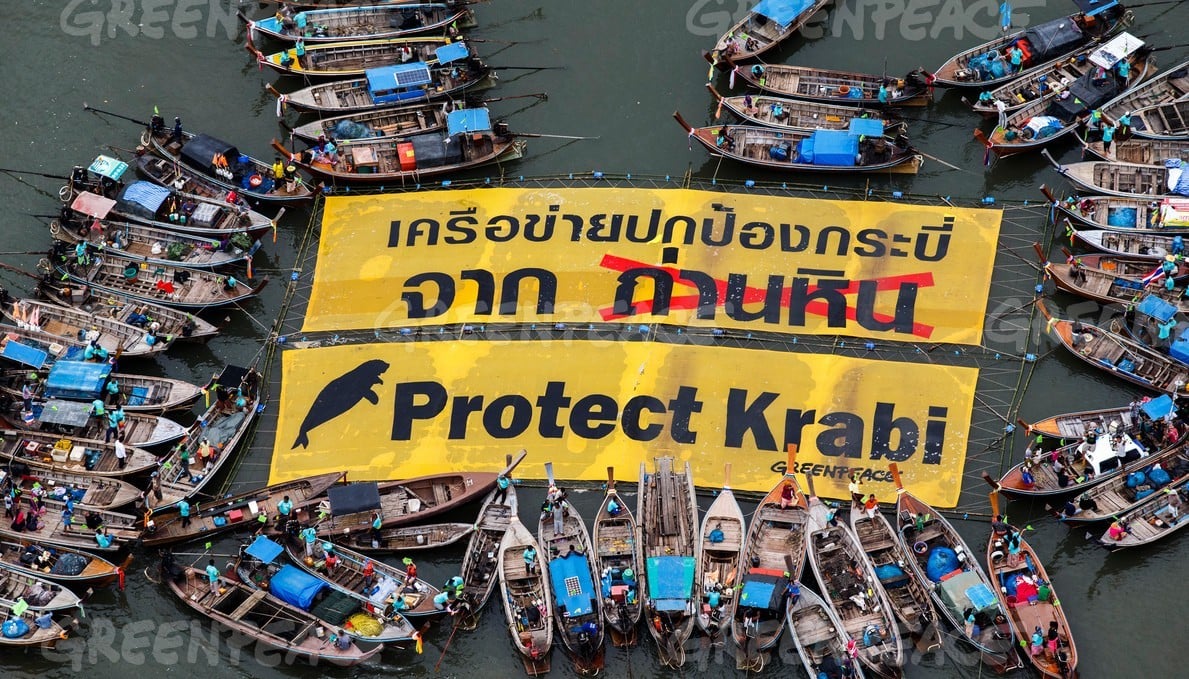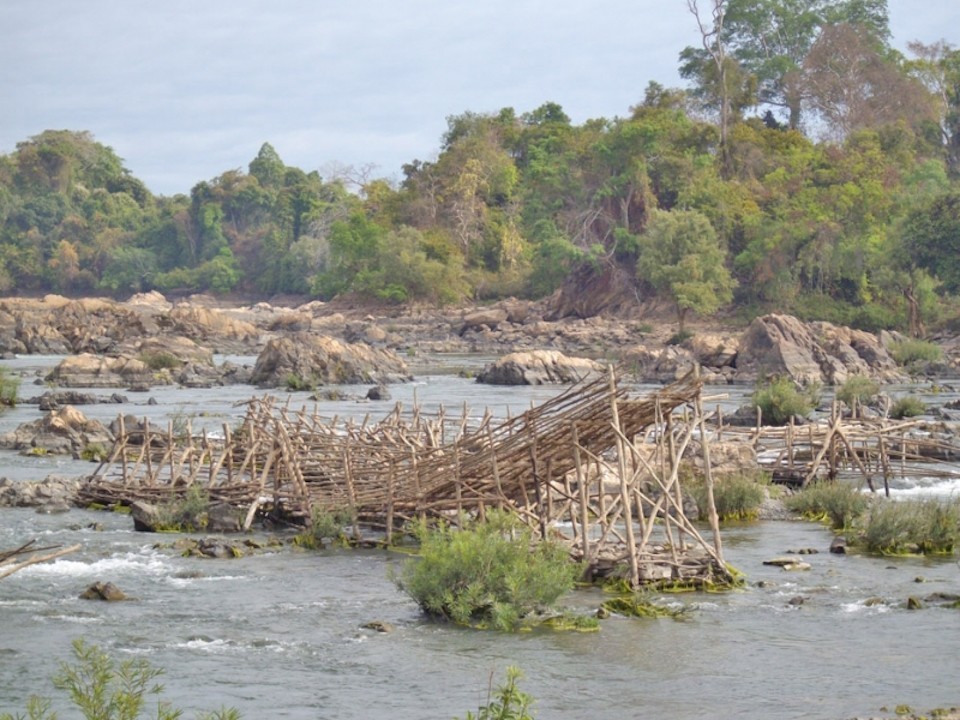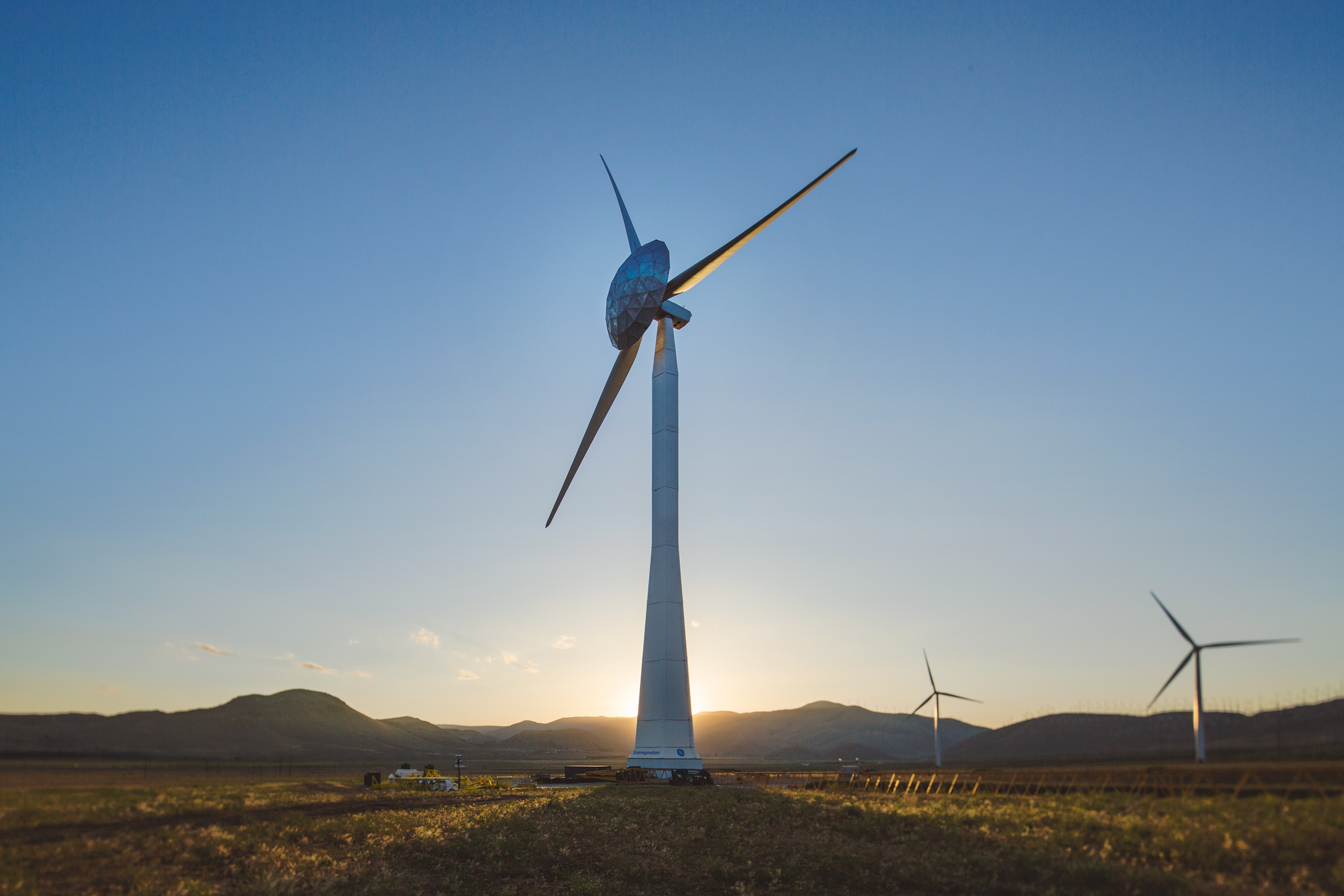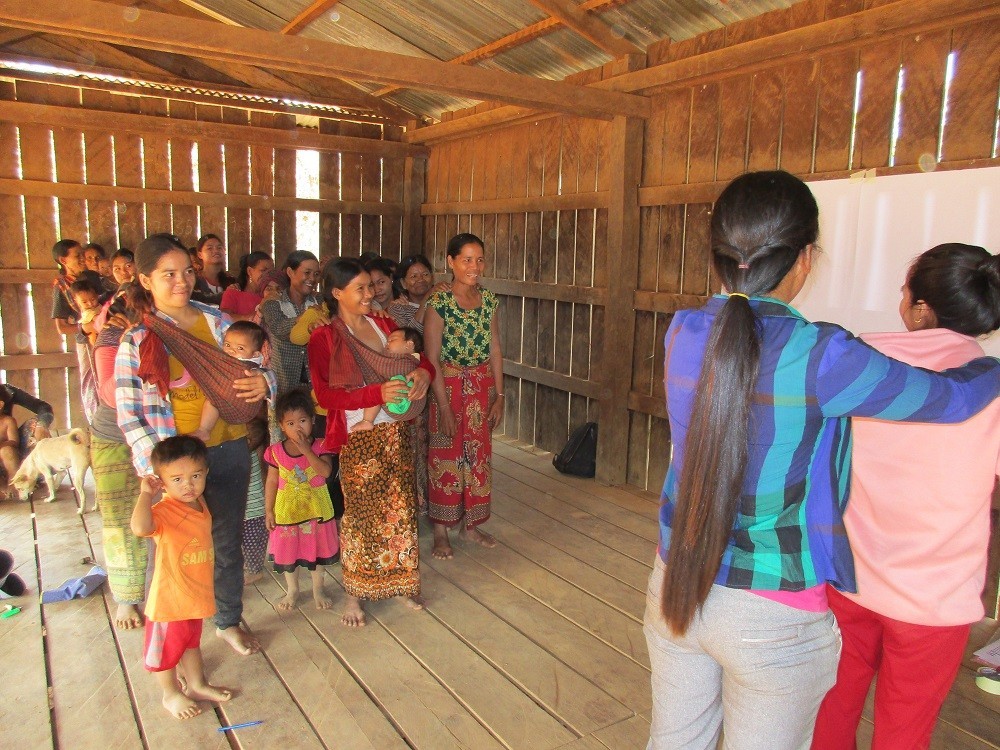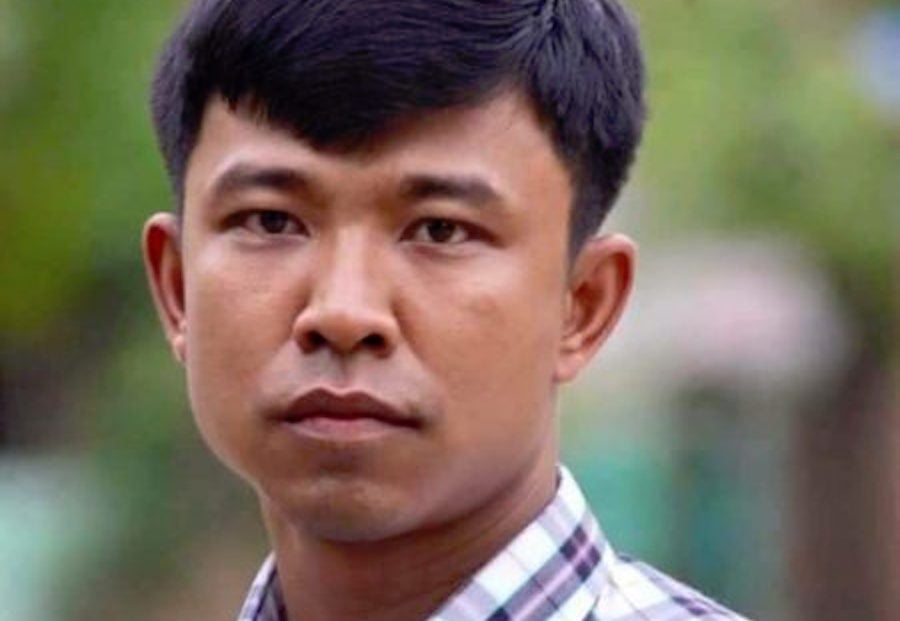Julian Kirchherr and Matthew J. Walton The beginning of the year is always a time of prediction and thus peak season for pundits. Twelve months ago, many pundits on Myanmar predicted the National League for Democracy-led government would, once it assumed power, quickly scrap the controversial Myitsone dam project. Three reasons were provided for this prediction. First, […]
Category: Article
Spare the Mekong
The Prayut Chan-o-cha government made an out-of-the-blue decision that paves the way for the demolition of the Mekong River’s rocky outcrops for the sake of “improved waterway navigation”.
The justification offered is both weak and unjustified. The public was neither consulted nor informed while the well-being of the ecology of the world’s tenth longest river is at risk. And the party gaining the most significant trade benefits will obviously be China.
Decisions due on coal, gas, petroleum auctions
After a year of changes in the global and domestic energy market, Thailand can expect further challenges in the years ahead.
Of these, the most crucial issues are the development of two coal-fired power plants in the South, the retirement of the Erawan and Bongkot gas blocks and the long-delayed 21st round of new concessions for 29 petroleum blocks.
The Mekong Part III: Scaling Back Lao Dams
Farmers and fishermen in downstream countries are complaining about the impact of Mekong River dams located upstream in both China and Laos.
But a think tank now has a plan to reduce the damage done to crops and fish stocks by hydroelectric dams. Its focus is on Laos, Southeast Asia’s poorest country, which it says could benefit from scaling back on some of its planned dams.
Fight against dams along the Irrawaddy River
The Myanmar government decided in February, 2011 to postpone the Myitsone hydro-electricity dam which is to be built at the upper stream of the Ayeyarwady River. The justification was that the project would be harmful to the country’s economy and society.
Uncertain path for Vietnam’s wind power sector
Although Vietnam has great potential for renewable energy, and the government has put forward many plans advocating it, actual policies to secure investment and develop the sector have been slow to evolve. “Development [of renewables] has not grown strongly because power prices are too low to accommodate it,” says Le Tuan Phong, the Vice Director of Energy Department, Ministry of Industry and Trade (MOIT): “Renewable energy investm
Hydropower in Myanmar: For Whose Benefit?
Amidst the many challenges Myanmar now faces, the threats to the environment are urgent – and they are growing more extreme. The situation is especially serious in the case of mega dams and hydropower where a host of projects are being promoted, without appropriate planning or public consultation, that are likely to cause irreversible harm to communities and natural ecosystems around the country. Not only are many of the projects located in nationality areas that are conflict zones, but the bulk of the energy produced will also be exported to neighbouring countries.
Training Manual Helps Communities Improve Forest Governance and Livelihoods
The USAID Cambodia Supporting Forests and Biodiversity Project (USAID SFB), implemented by Winrock International improves conservation and governance of the Eastern Plains and Prey Lang Landscapes. To assist forest communities to improve governance and obtain equitable benefits from forest resources, USAID SFB developed this NTFP-Based Livelihoods Enterprise Development and Management Training Manual.
Multi-Stakeholder Dialogues Matter: A New Paradigm Towards Responsible Investment
Mekong Partnership for the Environment (MPE) partner Development and Partnership in Action (DPA) improves the ability of their network of NGOs and the public to constructively engage in the development of related EI laws and work toward effective and responsible investment.
Another victim of illegal logging and forest crime?
The killing in Myanmar of a journalist who covered issues related to illegal logging in the country must be investigated thoroughly and all findings made public.
Soe Moe Tun was based in the Sagaing region, working with Eleven Media News in Myanmar. According to initial reports today (December 13), he was found with extensive head and facial injuries; local police have begun an investigation into his death.


